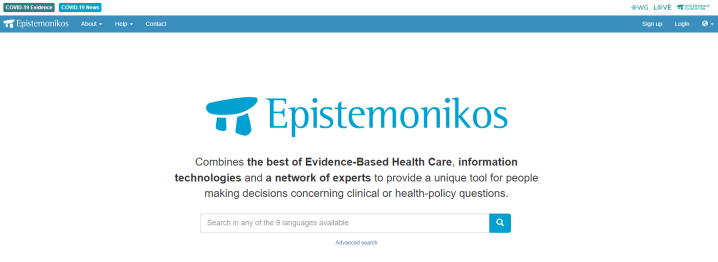Using Google Dataset Search to find Open Data
Figuring out where to start when looking for datasets can be an arduous task for many students and faculty. Common roadblocks are buried information on government websites, limited access to dataset databases at their institution or a unique topic makes finding data difficult through typical exploration. Google Dataset Search, a tool developed by Google in 2018, may help to simplify this process. What is Google Dataset … Continue reading Using Google Dataset Search to find Open Data


